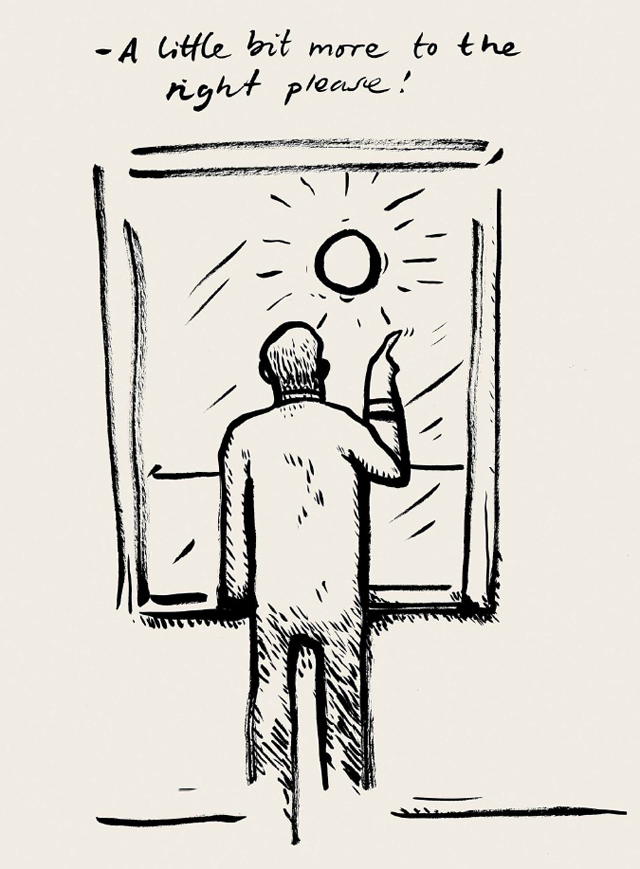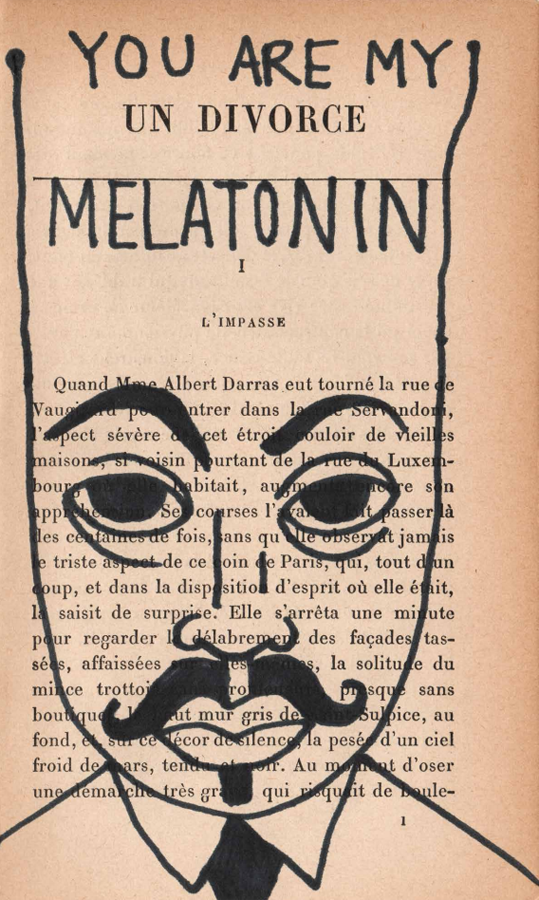
by Peter Buchanan
Over time we have progressively removed ourselves from and denied our dependencies upon the natural world, and moved out of sync with its rhythms. Science, which facilitated this, is now proving that the consequences harm us as well as the biosphere. For our health, and the happiness that reinforces it, we need to reconnect and live in greater harmony with nature in all its richly sustaining aspects by bringing these into the city and its buildings in as many ways as possible, while also increasing its sense of urbanity.
Until recently we lived in intimate engagement with a world of endless variety and nuance, surrounded by the multi-sensorial stimulus of nature’s profligate diversity of species collaborating in complexly interdependent ecosystems. Moreover, all these responded each moment and in myriad ways to nature’s shifting cycles and weather patterns. These range from the sensual stimulus of leaves rustling audibly in the breeze to create dancing patterns of dappled light, or the subtly choreographed sequence of animals and birds drinking and splashing in murmuring streams, to the health-affirming coordination of our various individual biological cycles with those of the day and season. Today we need reminding of the paradise we have largely exiled ourselves from and, to an even greater extent, have co-evolved with and, for most of human history, thrived in and been an intrinsic part of.
For the nomadic tribespeople we were for nearly all our time here, the natural world was home; it gave birth to and sustained us, provided food and medicine immediately to hand, and so was celebrated with due gratitude and reverence. But with agriculture and permanent settlement we wrested from this larger world a contracted and bounded home, and defended ourselves against the incursions of nature that we progressively sought to conquer and control. With passing time, we saw ourselves as increasingly separate from the natural world that, in the last few centuries, has been considered primarily as mere material resource to be exploited. We have become deadened to, and even deny, our multiple webs of dependency on it, so tolerating the ravaging of the biosphere, as supercharged by colonialism, industrialisation, technological hubris, reductionist science and extractive multinational corporatism.
 |
 |
 |
This article is featured in D/A Magazine issue #22, for more information visit da.velux.com.



